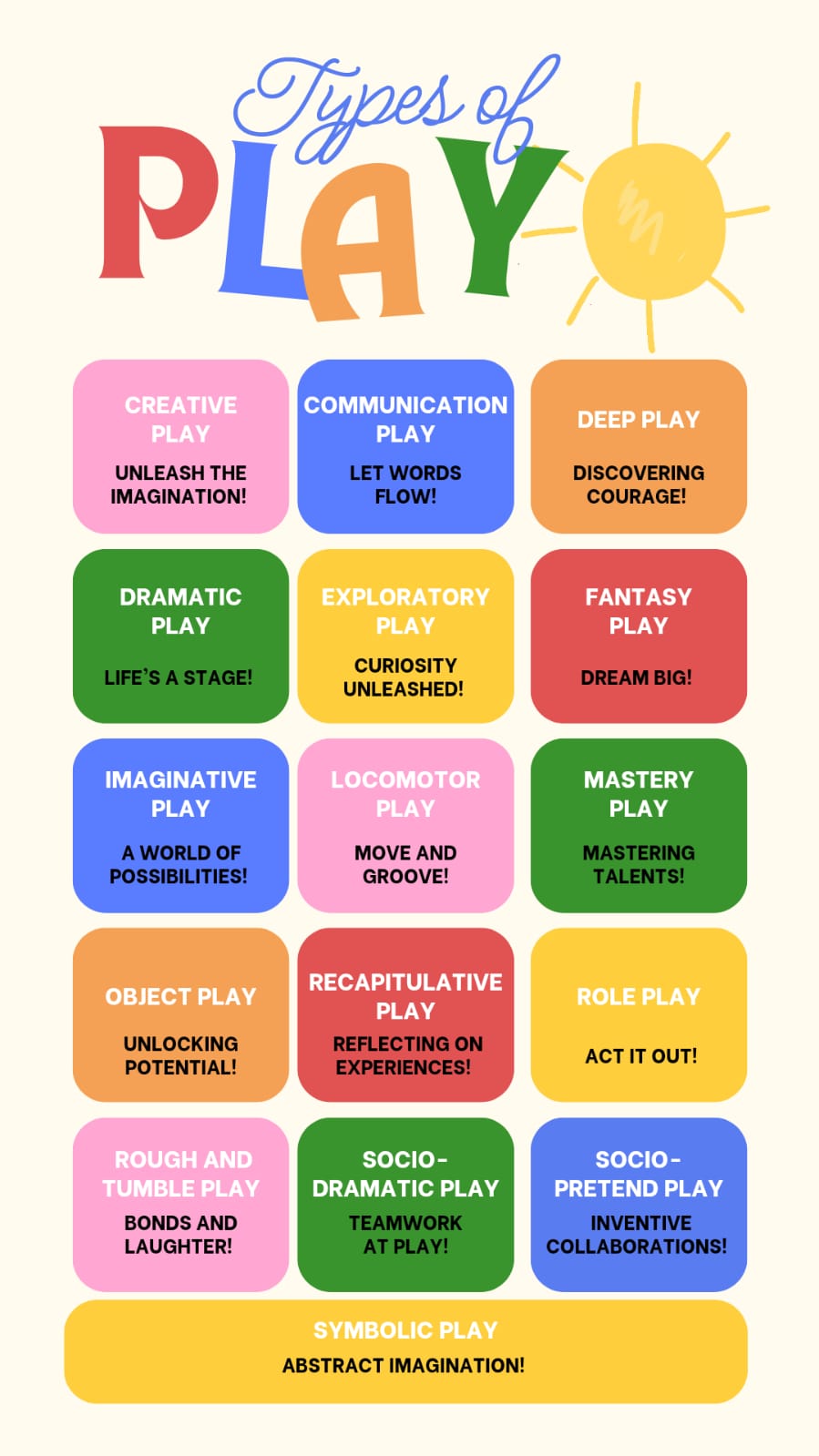In the hustle and bustle of daily life, it's easy to overlook the simplicity and importance of play. Yet, for our little ones, play isn't just a way to pass the time—it’s a crucial part of their development. As parents, understanding and facilitating play can unlock a world of growth, learning, and bonding with our children.
Imagine a toddler stacking colorful blocks. To us, it might look like mere fun, but to the child, it's a complex activity involving problem-solving, motor skills, and creativity. Play is the language of childhood, a universal method through which children make sense of the world around them.
The power of play extends beyond mere entertainment. It fosters various aspects of a child's development:
Parents play a vital role in enhancing their children's play experiences. Play can help parents have critical conversations in an engaging manner. It builds connections with the child in beautiful and meaningful ways.
Here are some tips to make the most of playtime:
Play can serve as a bridge connecting children to their heritage and community. Traditional games and activities offer a unique way to imbibe cultural values and traditions. For example:
Exploring the world of play is an adventure worth embarking on. It's a journey that fosters growth, nurtures bonds, and creates lasting memories. As parents, embracing play allows us to see the world through our children's eyes, rediscovering the joy and wonder that comes with it.
So, let's make time for play, cherish these moments, and watch our children bloom into confident, creative, and happy individuals.
By focusing on the power of play, you are not just providing entertainment for your children; you are investing in their future. Play on, and see the magic unfold!
At Bricks and Blocks Coaching, we are dedicated to helping families understand the power of play in parenting. If you need more ideas on incorporating play in everyday parenting, don’t hesitate to reach out.
Reach out to us today and let us build a world filled with fun and laughter for your child. Feel free to follow us and watch our podcast on the Bricks and Blocks Coaching YouTube channel.
Play is the essence of childhood—a world of wonder, imagination, and discovery. As parents, we witness our children’s joy and laughter while engaging in various play activities. But did you know that play comes in different forms, each contributing uniquely to their development?
Here, we will embark on a journey to explore 16 diverse types of childhood play, celebrating the magic that unfolds through these delightful experiences.
